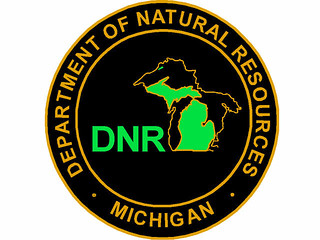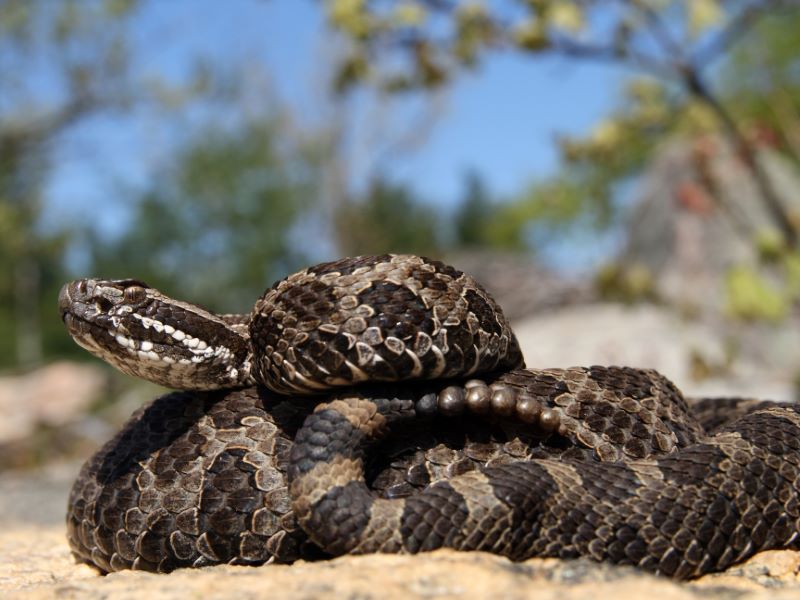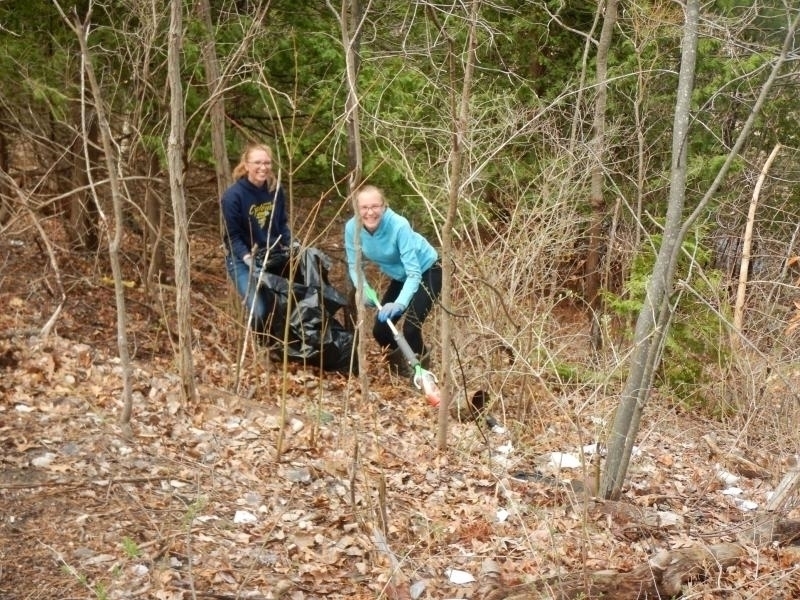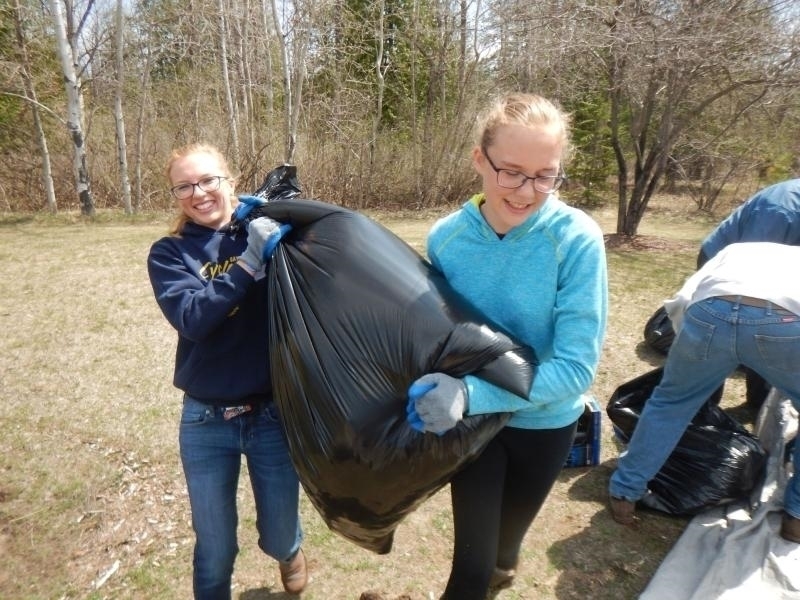Here’s a look at some of this week’s stories from the Department of Natural Resources:
Love Michigan’s waters? Become a MI Paddle Steward
In this era of social distancing, many people are discovering, or rediscovering, the pleasure of time on the water. Paddle sports are a great way to explore the beauty of Michigan’s lakes and rivers, and now they also can be an opportunity to protect these precious resources.
With support from the Michigan Invasive Species Grant Program, Michigan Sea Grant and Michigan State University Extension have developed MI Paddle Stewards, a self-paced, online program for paddlers to learn how to identify, report and prevent the spread of aquatic invasive species.
The course consists of six short sessions that include information on using the Midwest Invasive Species Information Network mobile app to identify and report invasive species from anywhere with a mobile phone, as well as tips on recognizing “watch list” species – those that pose the greatest threat to Michigan’s waters.
Most importantly, canoe, kayak and stand-up paddle board users will learn how to effectively clean their watercraft and gear to ensure invasive species don’t travel with them on their next adventure.
Anyone interested can register for the program at MichiganSeaGrant.org under the Educational Programs tab. A $20 registration fee will earn participants a certificate, bucket hat, towel, waterproof phone case, dry bag and more upon course completion. Participants can take the course for free if they choose not to receive these items. All six sessions must be completed by Dec. 31, 2020.
For questions and more information about the MI Paddle Stewards online course, contact MSU Extension educator Mary Bohling at Bohling@MSU.edu.
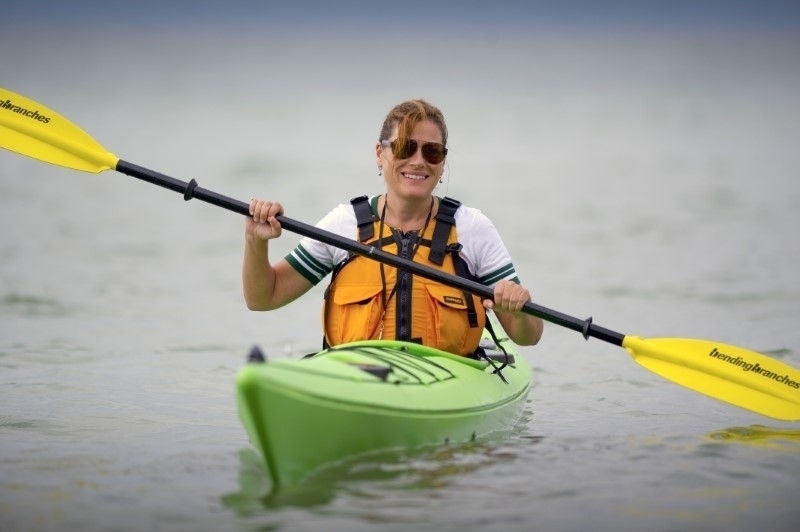
While you’re enjoying the outdoors, don’t be surprised to spot one of Michigan’s resident snakes. They can be found in just about every habitat type: forests, grasslands, wetlands, farmlands and cities.
Snakes play an important role in ecosystem health by keeping rodent numbers in check and, in turn, feeding larger predators like hawks and owls.
Michigan is home to 18 different species of snakes, 17 of which are harmless to humans. While most snakes here aren’t dangerous, there is one venomous species found in the state – the eastern massasauga rattlesnake, a threatened species that is rarely encountered.
As the name implies, the massasauga rattlesnake has a segmented rattle on its tail. Keep in mind that other snakes in Michigan (those without segmented rattles) also will buzz or vibrate their tails if approached.
If you do see a snake, it’s best to leave it alone and give it the opportunity to slither away – you likely won’t see that snake again.
Learn tips and features to look for to identify Michigan snake species with the DNR’s “60-Second Snakes” video series or by visiting Michigan.gov/Wildlife.
You can help monitor reptile and amphibian populations in Michigan by reporting your sightings of snakes, turtles, lizards, salamanders, frogs and toads to our Herp Atlas database. Visit MiHerpAtlas.org to get started.
Learn more at CleanForests.org
Volunteer hours help a student’s resume stand out from the crowd and show a commitment to community. Even though it’s been a challenge to earn those hours this year due to COVID-19 event cancellations, there is a way to enjoy Michigan’s outdoors and build those hours.
The DNR’s Adopt-a-Forest program has an ambitious goal of cleaning up 100 trash sites in 100 days (June 15 through Sept. 22) and is making steady progress with about 20% of the challenge completed. There are hundreds of forest sites in need of help. Some are small, with just a few tires or old pop cans, while others are more expansive and contain appliances or construction debris.
“This challenge is a great way to give back and care for the places we love,” said program coordinator Conor Haenni. “During a time when many events have been canceled, it’s an opportunity for Scouts, honor society members and students working to boost their college applications to enjoy the outdoors and get some volunteer hours.”
Minors should have a responsible adult present when working on a cleanup and wear sturdy, closed-toe shoes and gloves. In order to help slow the spread of COVID-19, everyone should follow the guidance of health experts and practice proper social distancing of at least 6 feet and wear face coverings.
How to join in:
- Visit CleanForests.org to find a forest that needs help, learn about cleanup safety and sign the volunteer waiver.
- Gather your crew, get started and do some good!
- When you’re done, report the site as clean and spread the word on social media with #trashtag and #100in100 forest cleanup challenge to inspire others.
Each cleanup gets us closer to our goal of cleaner, more beautiful forests. Contact Conor Haenni at 989-429-5542 with questions and for assistance in organizing a cleanup.


